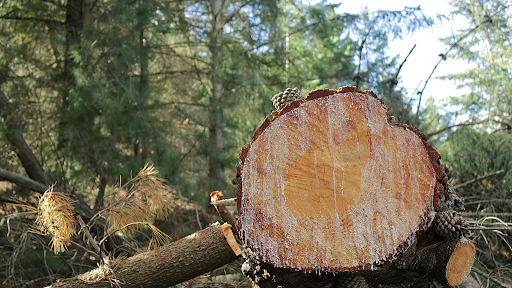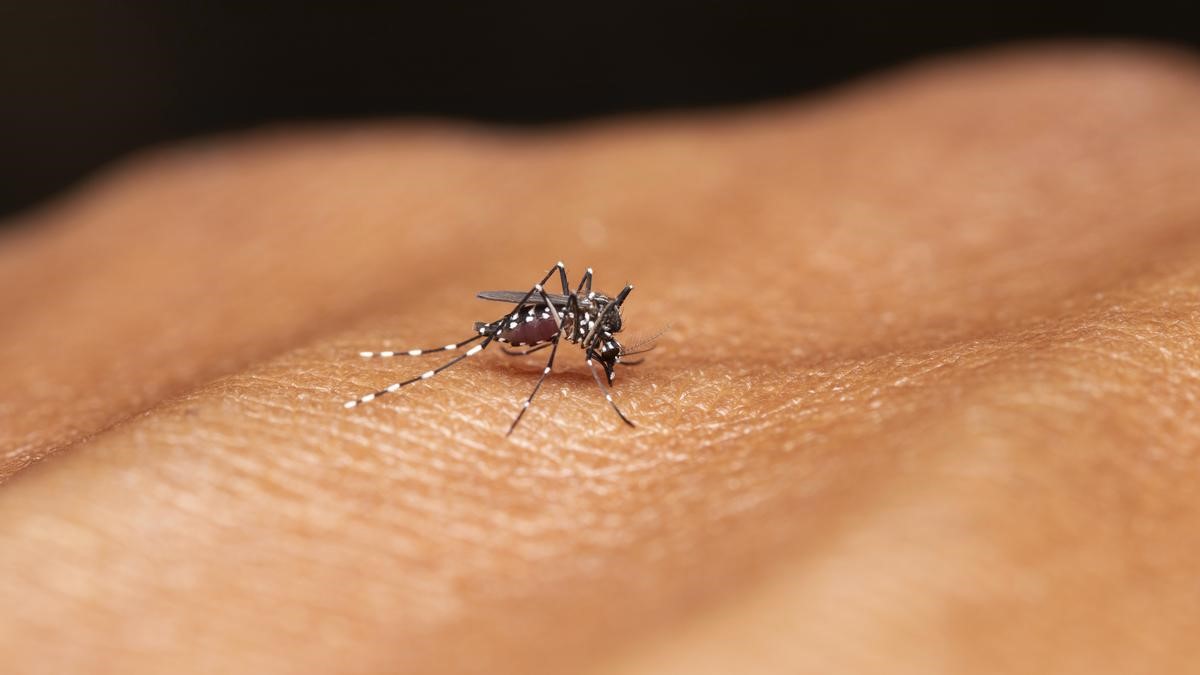



The rediscovery of Losgna occidentalis in Chandigarh marks the first Indian record of the genus in nearly six decades, highlighting the region's unexplored biodiversity. This insect, significant for its ecological role as a pollinator and biological control agent, underscores the urgent need for habitat conservation amid rapid urbanization and climate change.

Disclaimer: Copyright infringement not intended.
Rediscovery of the Losgna genus in India: a new species of parasitic wasp discovered in Chandigarh, named - ‘Losgna Occidentalis’.
|
Aspect |
Details |
|
Species Name |
Losgna Occidentalis |
|
Discovery Location |
Chandigarh (Urban dry scrub forest) |
|
Discovery Period |
Winter 2023–24 |
|
Published In |
Zootaxa |
|
Rediscovery Context |
First record of the genus Losgna in India after nearly six decades |
|
Last Indian Record |
Heinrich’s monograph (1965); no records in Indian institutions since |
|
Significance of the Name |
‘Occidentalis’ refers to the westernmost known occurrence of the genus |
|
Previous Geographic Range |
Eastern India and Southeast Asia |
|
Specimen Status |
Only known specimens preserved in museums in London, Oxford, and Munich (dating back to the British era) |
|
Scientific Importance |
First formally described insect species from Chandigarh |
|
Ecological Role (Hymenoptera) |
Important as pollinators and biological control agents |
|
Importance of Taxonomy |
Essential for understanding ecosystems, encouraging conservation, local exploration, and global scientific collaboration |
|
Conservation Message |
Discovery highlights India's unexplored biodiversity and the urgent need to protect habitats amid threats like climate change and urbanization |
Source: The Hindu
|
PRACTICE QUESTION Q. With reference to Losgna occidentalis, recently discovered in India, consider the following statements:
Which of the statements given above is/are correct? (a) 1 only (b) 2 only (c) Both 1 and 2 (d) Neither 1 nor 2 Answer: a Explanation: Statement 1 is correct: Losgna occidentalis was discovered in Chandigarh’s urban dry scrub forest during winter 2023–24. Statement 2 is incorrect: The genus Losgna belongs to the insect order Hymenoptera, not amphibians, and was last recorded in India in 1965, not the early 20th century. |







© 2026 iasgyan. All right reserved